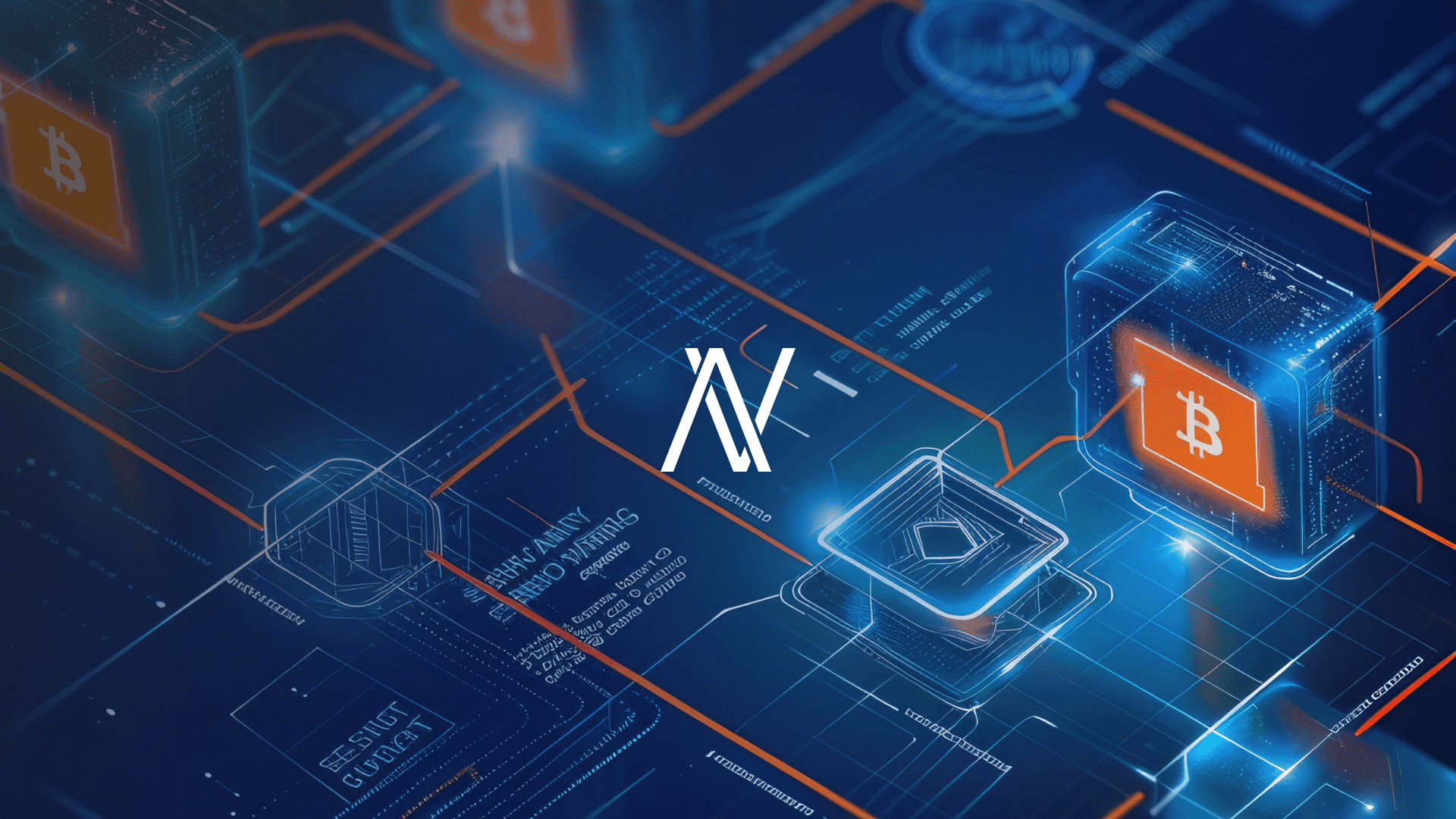In an age where data is constantly harvested, profiles are commodified, and platforms dictate the rules of engagement, the concept of digital sovereignty has never been more relevant — or more urgent.
For entrepreneurs navigating an increasingly digital and international world, control over identity, access, and data is no longer a luxury — it’s a necessity. Web3, through its foundational principle of decentralization, offers a pathway to reclaim that control. It doesn’t just change how we interact online — it redefines who owns what in the digital economy.
Digital Sovereignty: What It Really Means
At its core, digital sovereignty is about self-ownership — of your data, your identity, your assets, and your creative output. In the Web2 era, users handed over control to centralized platforms in exchange for convenience. But that trade-off came at a steep cost: surveillance, censorship, and unilateral policy changes.
Now, with the development of decentralized systems, individuals and businesses can choose to own and govern their digital presence.
Alessio Vinassa, a respected international entrepreneur and Web3 advocate, sees this shift as foundational:
“Digital sovereignty isn’t a trend — it’s the future of personal and business autonomy. Web3 gives us tools to reclaim what should have never been given away in the first place.”
From Platforms to Protocols: A New Framework for Control
Unlike traditional platforms where user rights are dictated by corporate policy, Web3 applications are often built on open protocols, governed by communities rather than corporations.
This shift changes the power dynamics:
- You control your data: With decentralized identity (DID) solutions, your credentials aren’t stored on a third-party server — they’re in your wallet.
- You manage your access: From signing into apps to verifying transactions, your keys are your credentials.
- You decide the rules: In decentralized governance, your vote matters — whether you’re a contributor, user, or builder.
For entrepreneurs, this offers an unprecedented level of freedom and flexibility — especially when expanding across international markets where regulatory frameworks may vary.
Business Growth Through Digital Ownership
One of the most profound implications of decentralization is how it enables more inclusive business growth. By owning their IP, customer relationships, and even governance processes, businesses can scale without being tethered to restrictive third-party platforms.
Consider:
- Creators monetizing directly without giving up 30% to app stores.
- Startups building communities that co-own products via token governance.
- Developers launching projects globally, without intermediaries or geographic constraints.
This new model fosters development rooted in innovation, community alignment, and long-term value — rather than short-term profit extraction.
As Alessio Vinassa puts it:
“When you give people ownership, you unlock creativity. That’s the true engine of innovation and sustainable growth in the Web3 economy.”
A Global Shift in the Making
Digital sovereignty isn’t just an abstract ideal. It’s being implemented through real tools:
- Self-sovereign identity systems (SSI) that allow users to port their data and credentials across platforms.
- Decentralized storage protocols like IPFS and Arweave, enabling data permanence without central servers.
- Web3 wallets that serve as portable profiles, containing everything from credentials to assets to reputational scores.
For the modern entrepreneur — whether building a DAO, launching a decentralized platform, or creating content — these tools offer the freedom to operate internationally without compromise.
Key Takeaways
- Digital sovereignty means owning your identity, data, and assets in the digital space.
- Web3 tools like decentralized identity and open protocols return control to users and entrepreneurs.
- For businesses, this shift enables innovation-driven growth without dependence on centralized platforms.
- Alessio Vinassa champions digital sovereignty as the cornerstone of ethical, scalable entrepreneurship in the 21st century.
- Entrepreneurs can now build across international borders with fewer restrictions, faster development, and more community alignment.
Conclusion
Web3 marks a pivotal return to user empowerment — one where digital life is not dictated by platforms, but shaped by protocols and participation.
Whether you’re an individual protecting your identity or an entrepreneur scaling a business across continents, decentralization and digital sovereignty are no longer futuristic ideals — they’re the new frontier of innovation and business growth.
To know more about Alessio Vinassa and his business philosophies, visit his website at alessiovinassa.io.
You can also find and follow him on the following social platforms:
Instagram – @alessiovinassa.business
Facebook – Alessio Vinassa Business
X (Twitter) – @vinassa_alessio
Next in Series:
“Trust Without Middlemen: How Web3 Rebuilds Digital Confidence”
Discover how decentralized systems are restoring trust in digital environments by eliminating the need for intermediaries.
Disclaimer: The information presented in this article is part of a sponsored/press release/paid content, intended solely for promotional purposes. Readers are advised to exercise caution and conduct their own research before taking any action related to the content on this page or the company. Coin Edition is not responsible for any losses or damages incurred as a result of or in connection with the utilization of content, products, or services mentioned.







